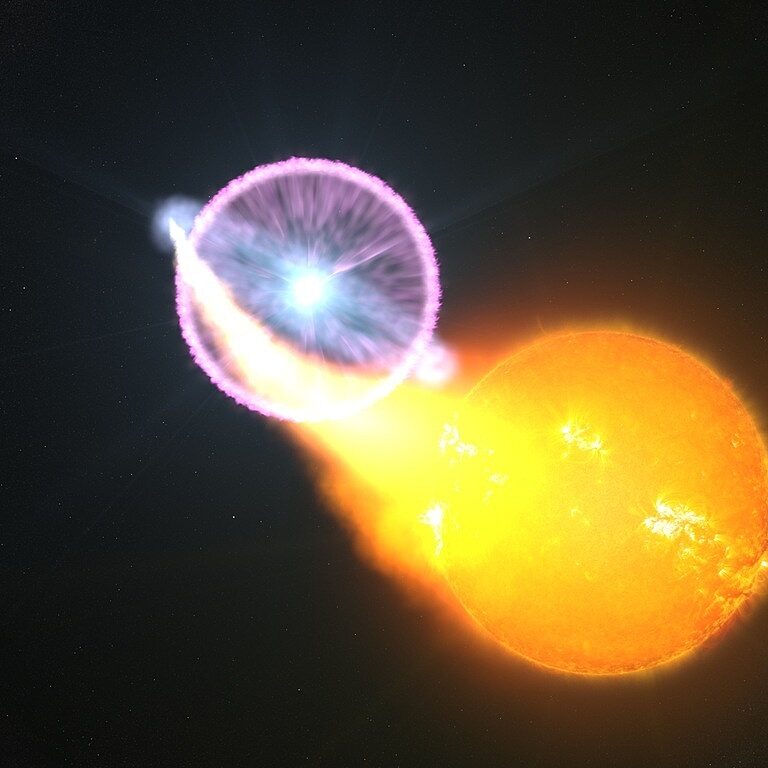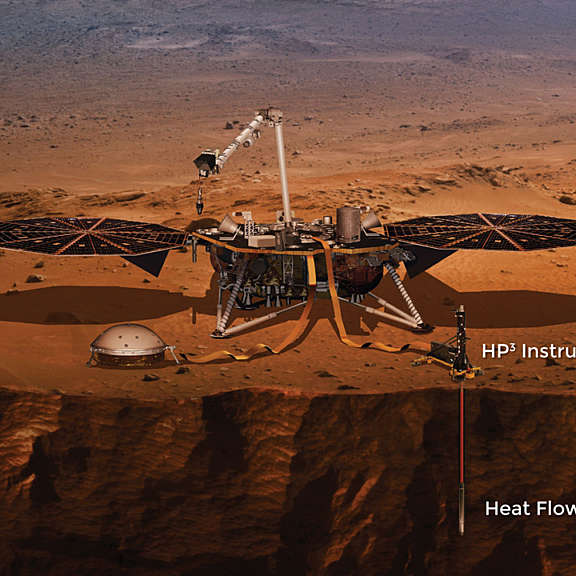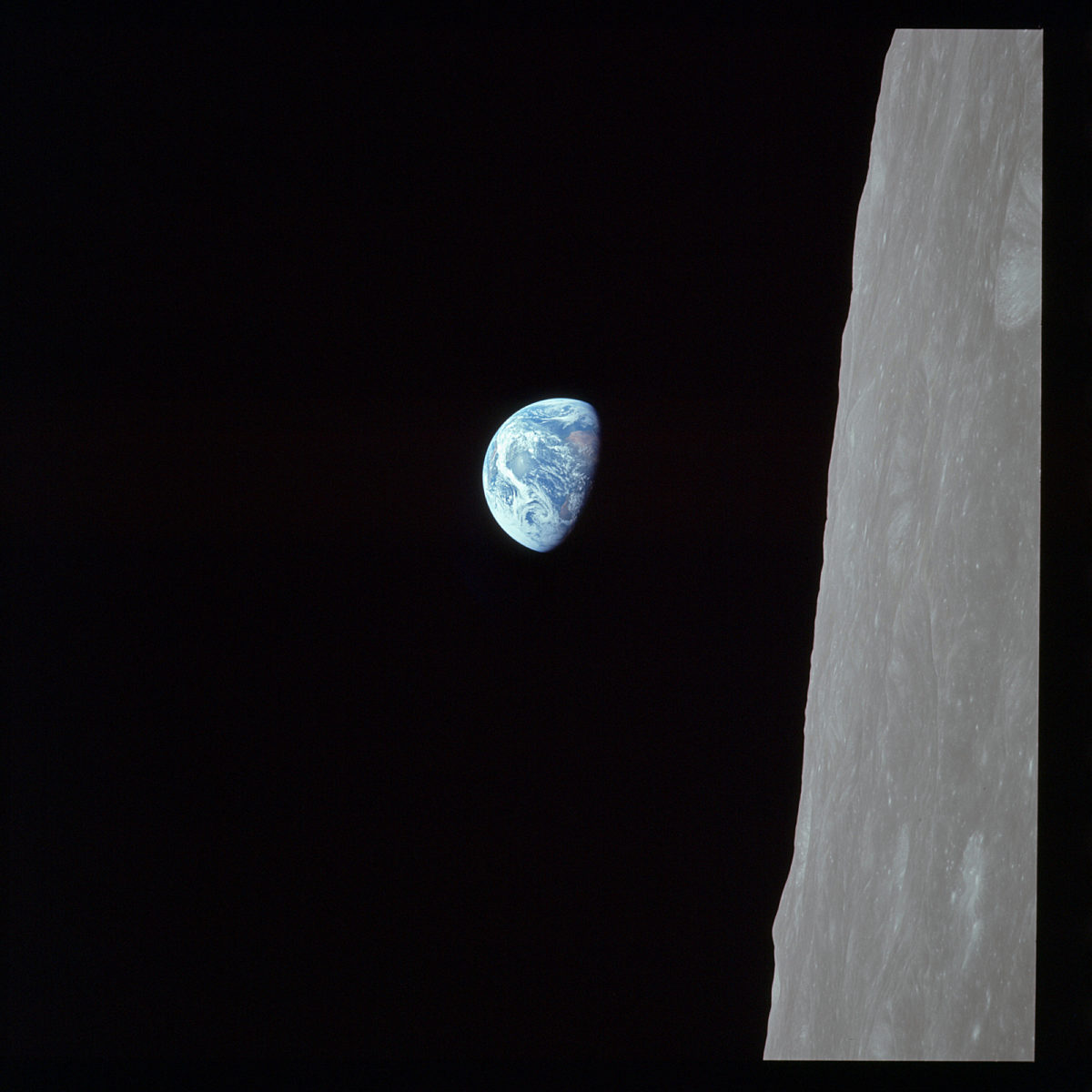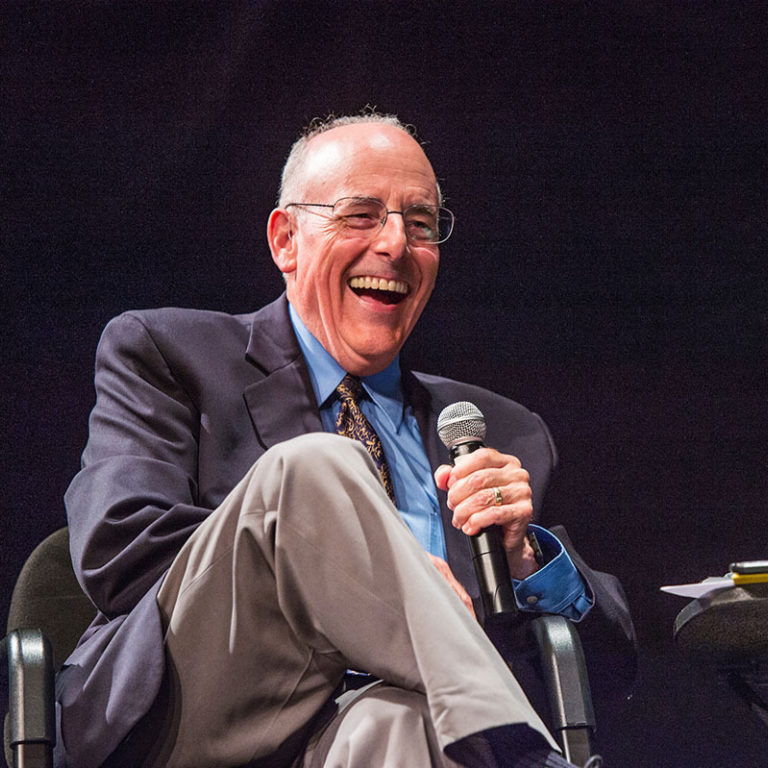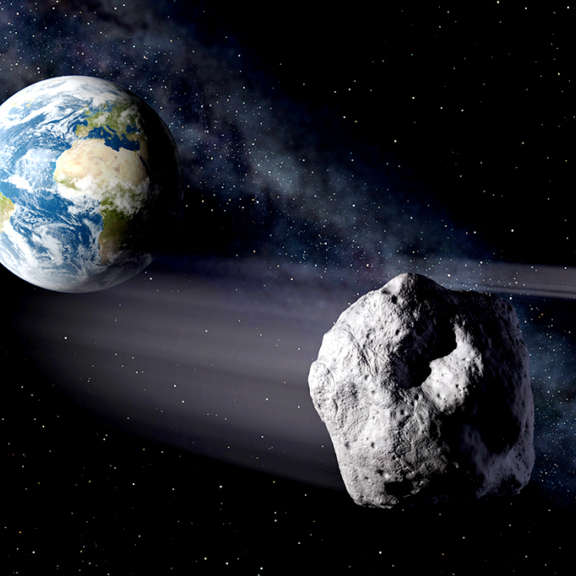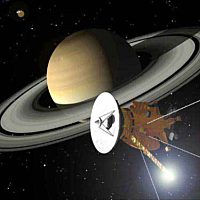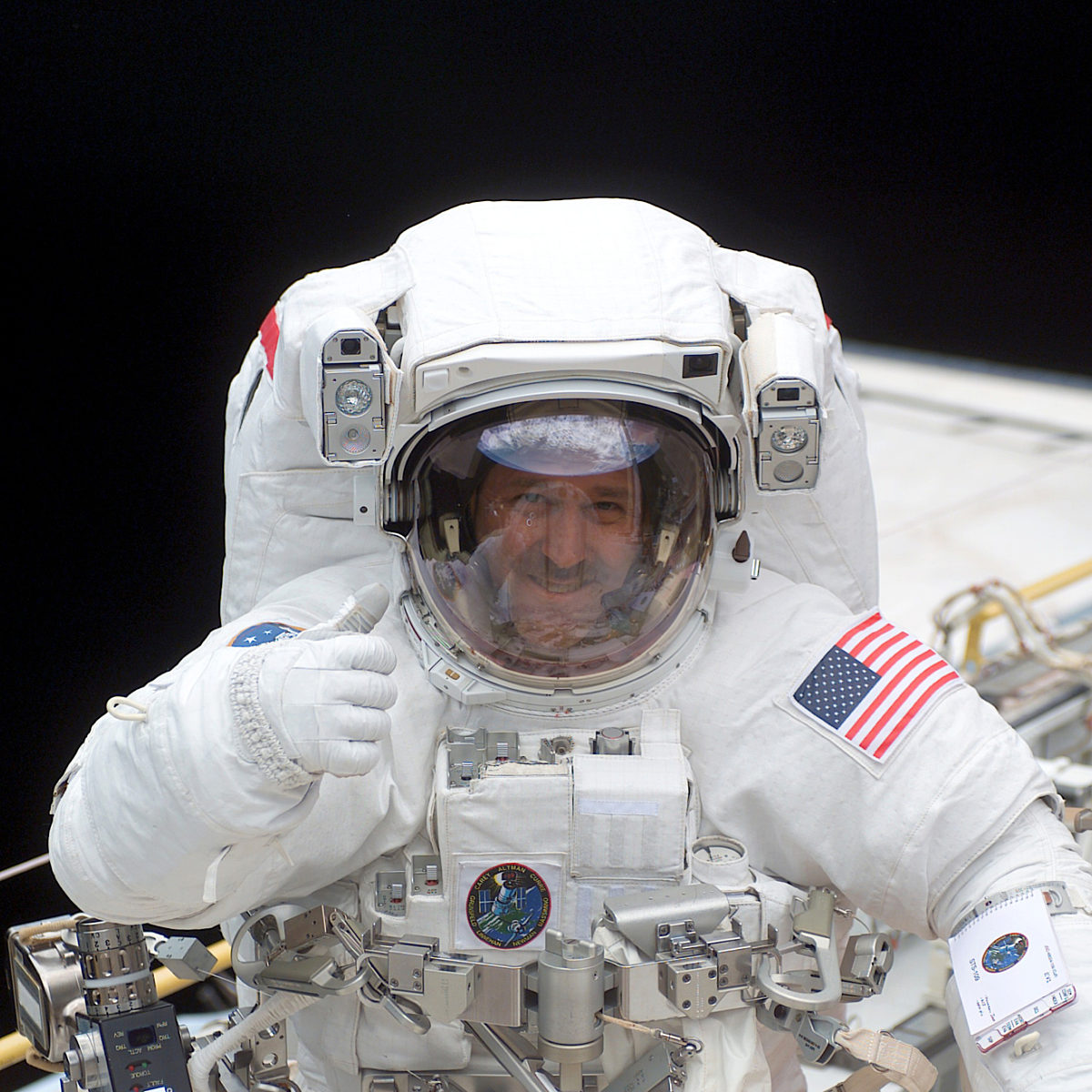Since 2002, Planetary Radio has visited with a scientist, engineer, project manager, advocate, or writer who provides a unique perspective on the quest for knowledge about our Solar System and beyond. The full show archive is available for free.
Search Planetary Radio
RadioLab's Latif Nasser returns to Planetary Radio with a new public naming contest for a quasi-moon of Earth.
Sabine Stanley, author of the new book "What's Hidden Inside Planets?", discusses some of the amazing things that lie under the surfaces of the worlds in our Solar System.
Sam Birch, an assistant professor at Brown University, explores what we know about the alluvial rivers of Earth, Mars, and Saturn's moon Titan.
This is the 50th anniversary of the most audacious space mission in history. Apollo 8 blazed a path for the first moon landing seven months later, and gave a troubled nation reason for hope and pride.
Mat Kaplan talks with participants in the National Space Society’s recent Space Settlement Summit about human destiny in space.
A computer model based on our best data about Saturn’s cloud-shrouded moon says that torrential liquid methane pounds the surface far more frequently than previously expected. Sean Faulk and Jonathan Mitchell of UCLA explain.
With hours to go before the Great American Eclipse, nine outstanding guests joined host Mat Kaplan for Planetary Radio Live in front of 1,100 rowdy eclipse and space science fans.
JPL astrophysicists Alina Kiessling and Jason Rhodes were brought together by their fascination over the mystery of dark energy. They talk with Planetary Radio about their research and the many missions they are contributing to, including WFIRST, a unique new space telescope.
The world’s most powerful solar telescope has just been renamed for the man responsible for its creation. We’ll meet astrophysicist and helioseismologist Phil Goode, and we’ll enjoy a tour of the Goode Solar Telescope.
Will humans live, work and thrive on Mars? What challenges must be met before we can become Martians? On July 20th, the anniversary of the Apollo 11 moon landing, Mat Kaplan welcomed an outstanding panel of experts for conversation in front of a Pasadena, California audience.
Veteran astronomer and cosmologist Sandra Faber has just been awarded the Gruber Prize for Cosmology, honoring more than forty years of pioneering work. She talks with Mat Kaplan on this week’s show.
Asteroid Day, June 30th, marks the anniversary of the great Tunguska impact that leveled a Siberian forest. It reminds us that a Near Earth Object can destroy a city or even a civilization. Former Minor Planet Center Director Tim Spahr reviews our efforts to find and understand these bodies.
How do you keep a dazzlingly complex spacecraft in good health after 20 years in space? That’s the challenge for Julie Webster and her team of engineers supporting the Cassini mission at Saturn.
Moon or Mars? Should NASA depend on private companies? What’s the goal of human spaceflight? These questions were debated three decades ago, yet are just as relevant today. Does that mean space policy is stagnant?
The Aerospace Corporation has been innovating since 1960. Now it’s headed by a former leader of “New Space” company Virgin Galactic. President and CEO Steve Isakowitz talks about the evolving culture of the space industry.
Leaders of the quest to find, understand and protect ourselves from the asteroids and comets called Near Earth Objects gathered with host Mat Kaplan for a live conversation about this existential threat from space.
It takes a lot of terrific components to create a successful spacecraft like Curiosity, the Mars Science Laboratory. We’ll visit JPL to learn about the Terminal Descent Sensor radar that will once again help land a rover on the Red Planet.
John Grunsfeld closes our coverage of the Space Foundation’s 32nd annual Space Symposium in Colorado Springs. We also meet the leaders of the New Generation Space Leaders Program.
Beautiful Death Valley National Park was the setting for a fascinating conversation with famed SETI researcher Jill Tarter and celebrated astronomer, artist and photographer Tyler Nordgren.
Lindley Johnson has just been named NASA's first Planetary Defense Officer. He's joined on this week's PlanRad by astronomer Kelly Fast, the new manager of the Near Earth Object Observation Program.


 Explore Worlds
Explore Worlds Find Life
Find Life Defend Earth
Defend Earth


